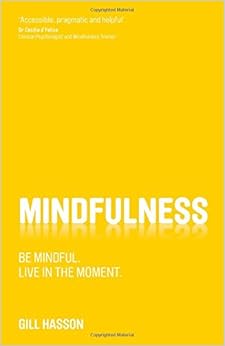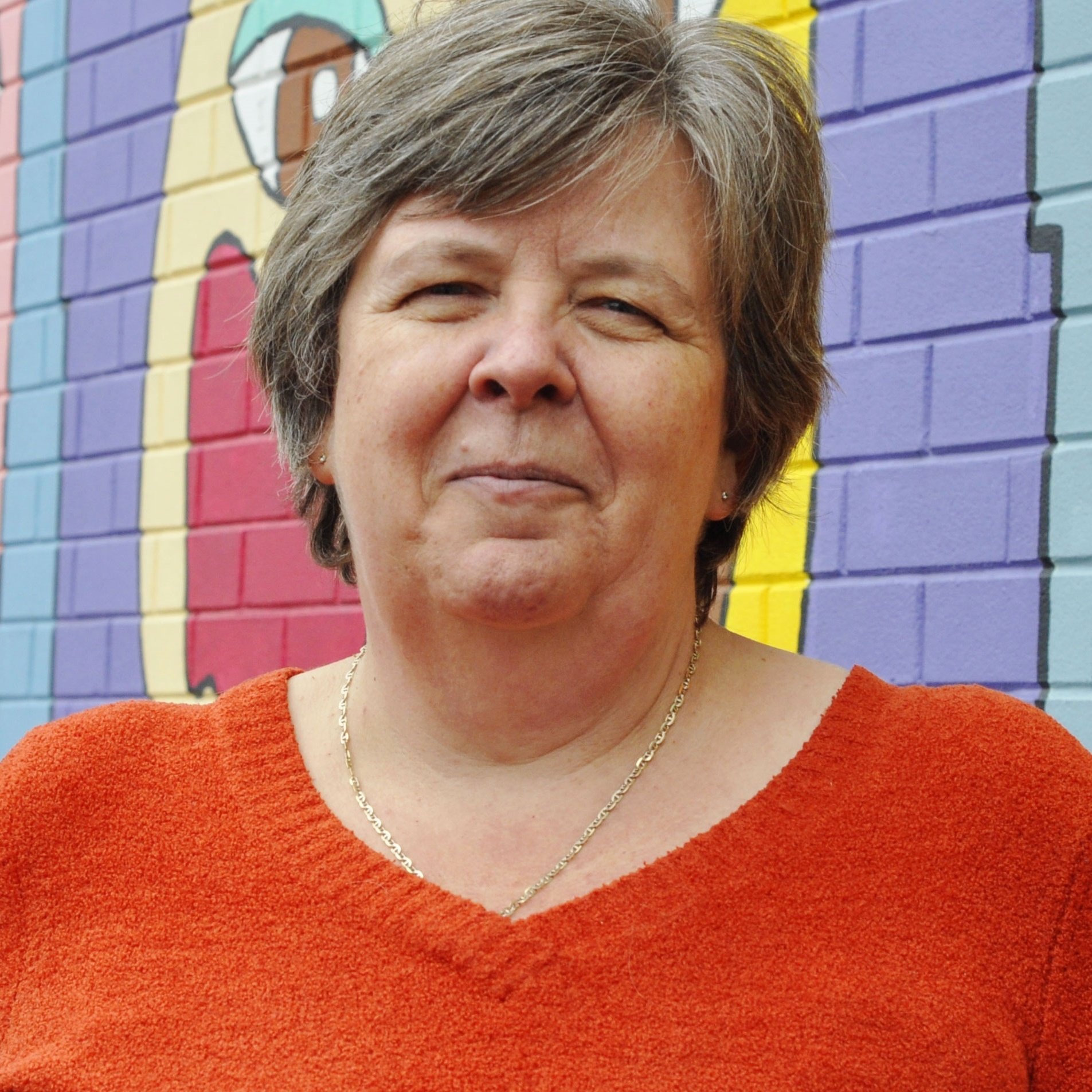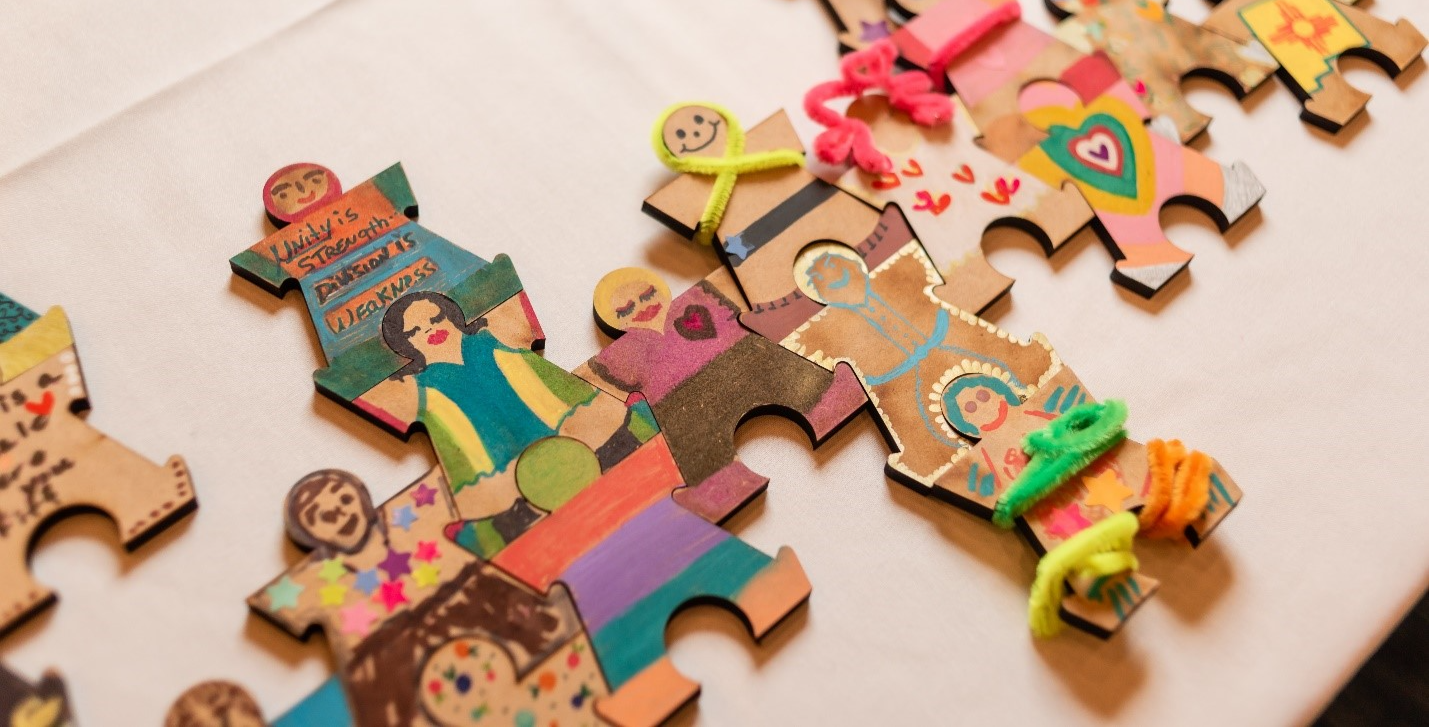On my recent trip from Toronto to Vancouver, I picked up the book Mindfulness. Be Mindful, Live in the Moment by Gill Hasson. Since my laptop battery died about one hour into the trip, I put my work away and began reading the book. Actually, I was reading, watching a movie and thinking. It is typical for me to do many things at the same time, actually, I think in this electronic age, it is actually the norm rather than the exception.

Reading the first couple of chapters of Mindfulness, I began to slow down. I took off my headphones, turned off the screen and began to concentrate on the book. I tried to live in the moment, slow down and breathe. All good lessons for all of us.
My first day in Vancouver had me facilitating a day long workshop on collective impact, something that I have done frequently in the last couple of years. What I didn't anticipate was where this conversation would go. I anticipated that the group was cohesive and ready to move forward.
Instead, it was a day of learning, trust building, relationship building and slowing down. As a facilitator, I had to be mindful that my agenda had to be adjusted to the rhythm of the group and still check in with the expectations of the leaders.
I had to listen carefully, breathe slowly and let the conversation move forward. The day reminded me of the messiness of collective impact efforts. As much as we want to push forward to collective outcomes, we can't do this without the engagement, relationships and trust that needs to be built. This is particularly challenging when there are deep historical and cultural issues in our communities. Before we can move forward, we have to acknowledge the context, the history and the culture. It seems the messages of Mindfulness - to slow down, to breathe, to be present are essential tools in the early work of collective impact.





